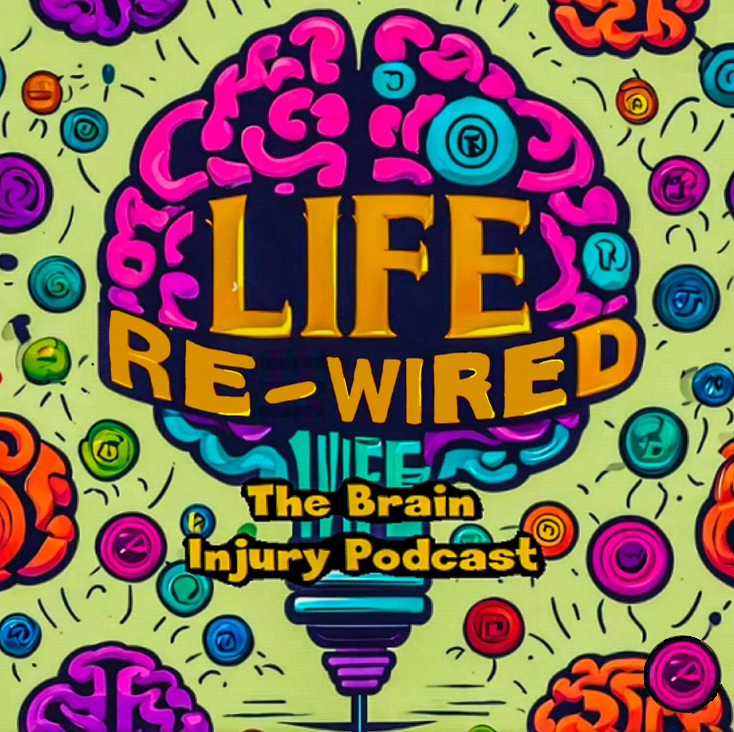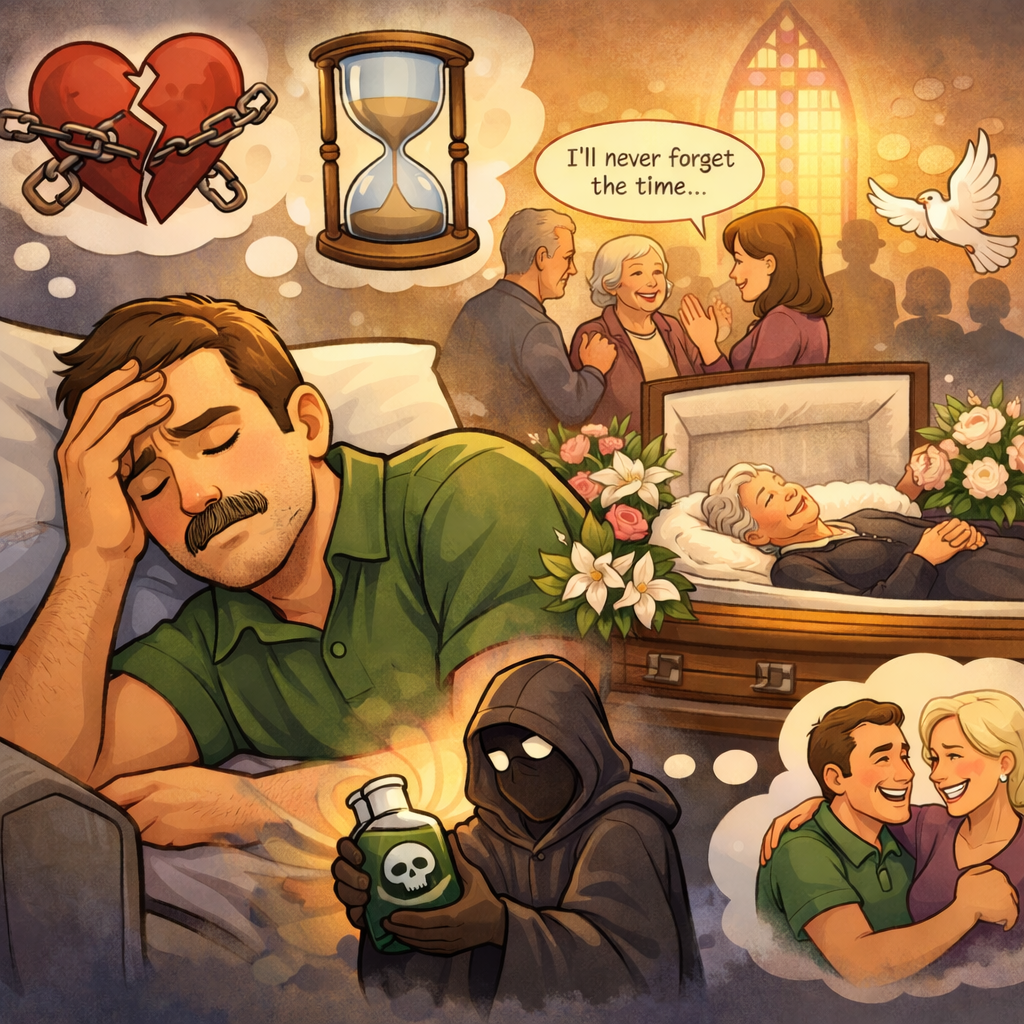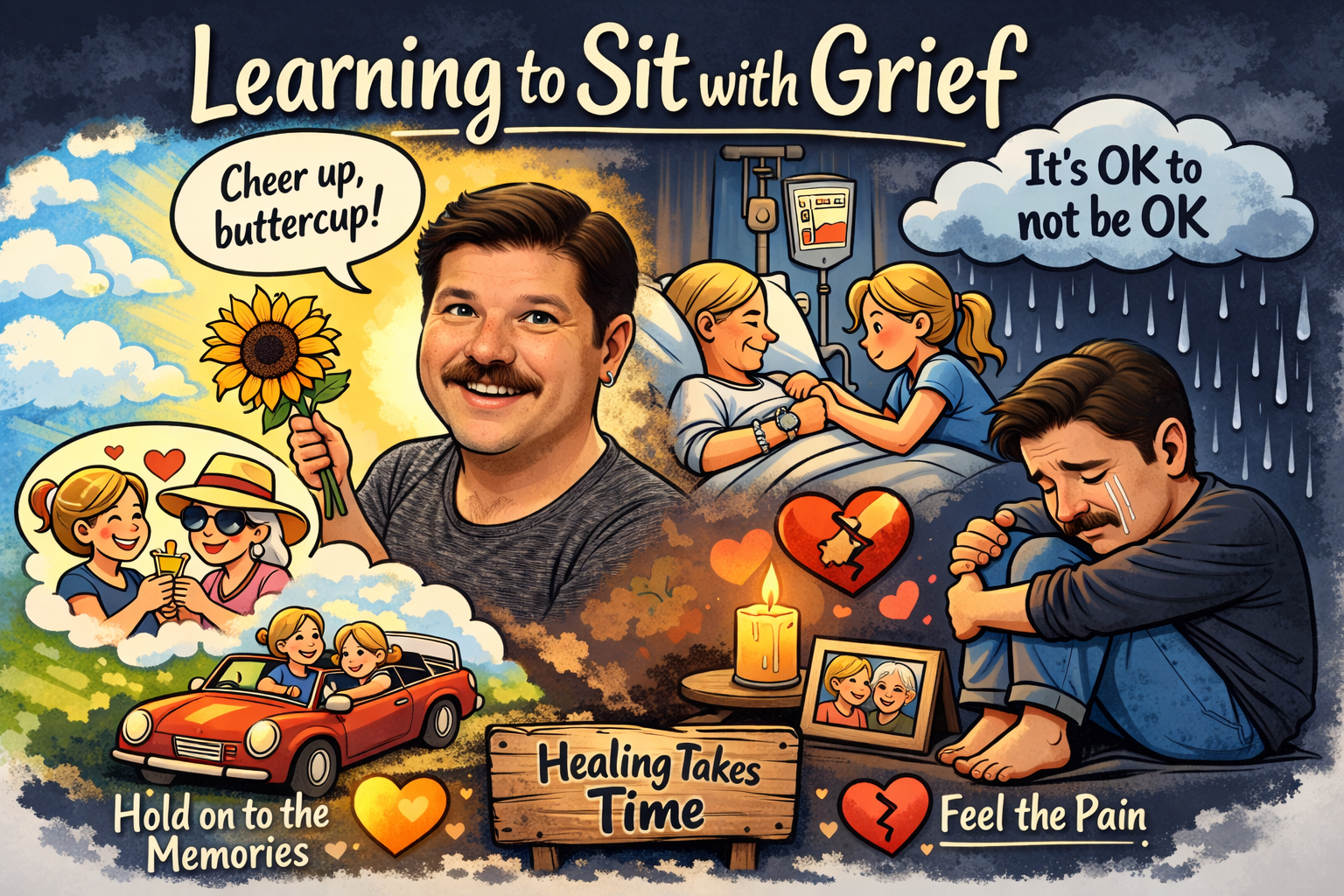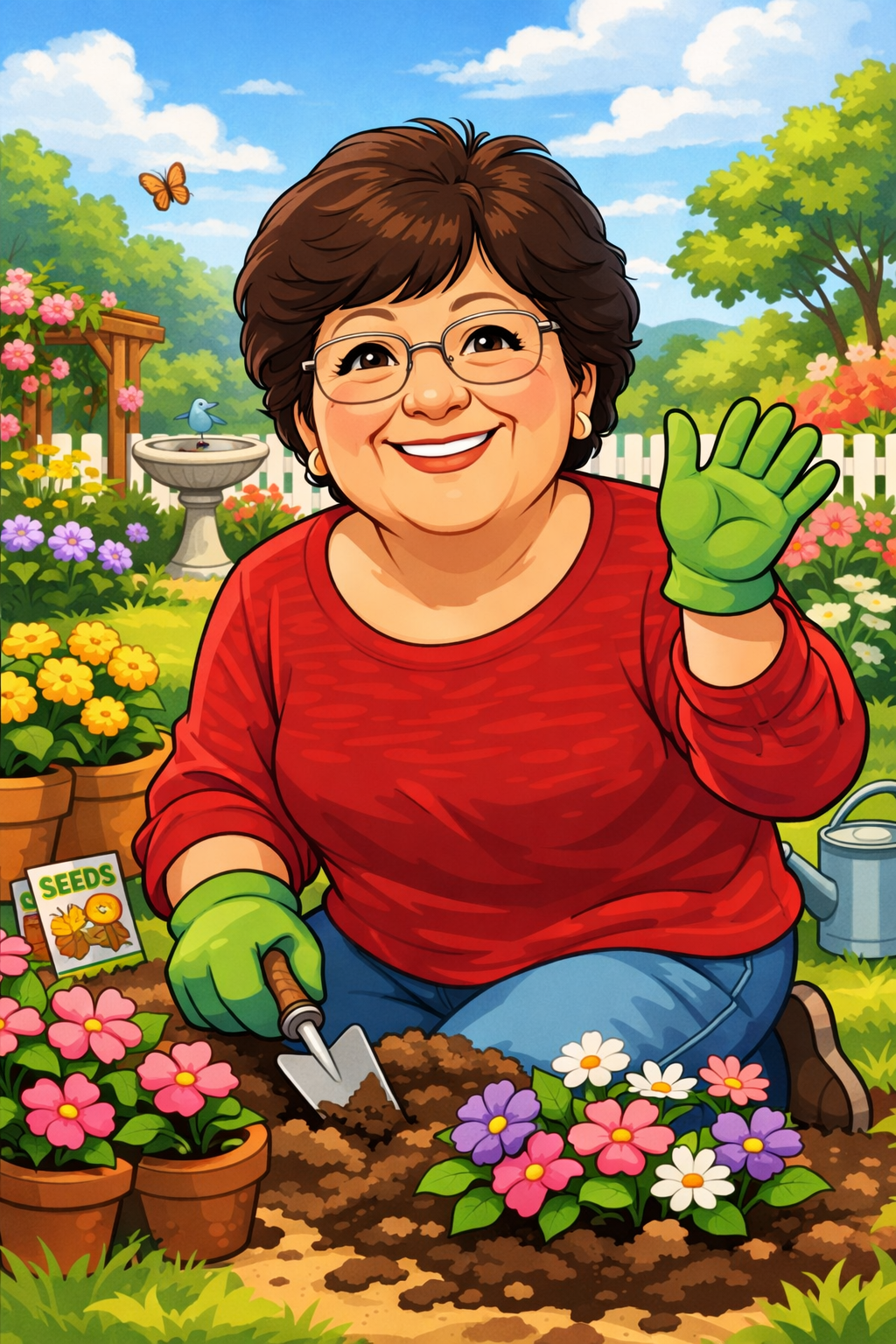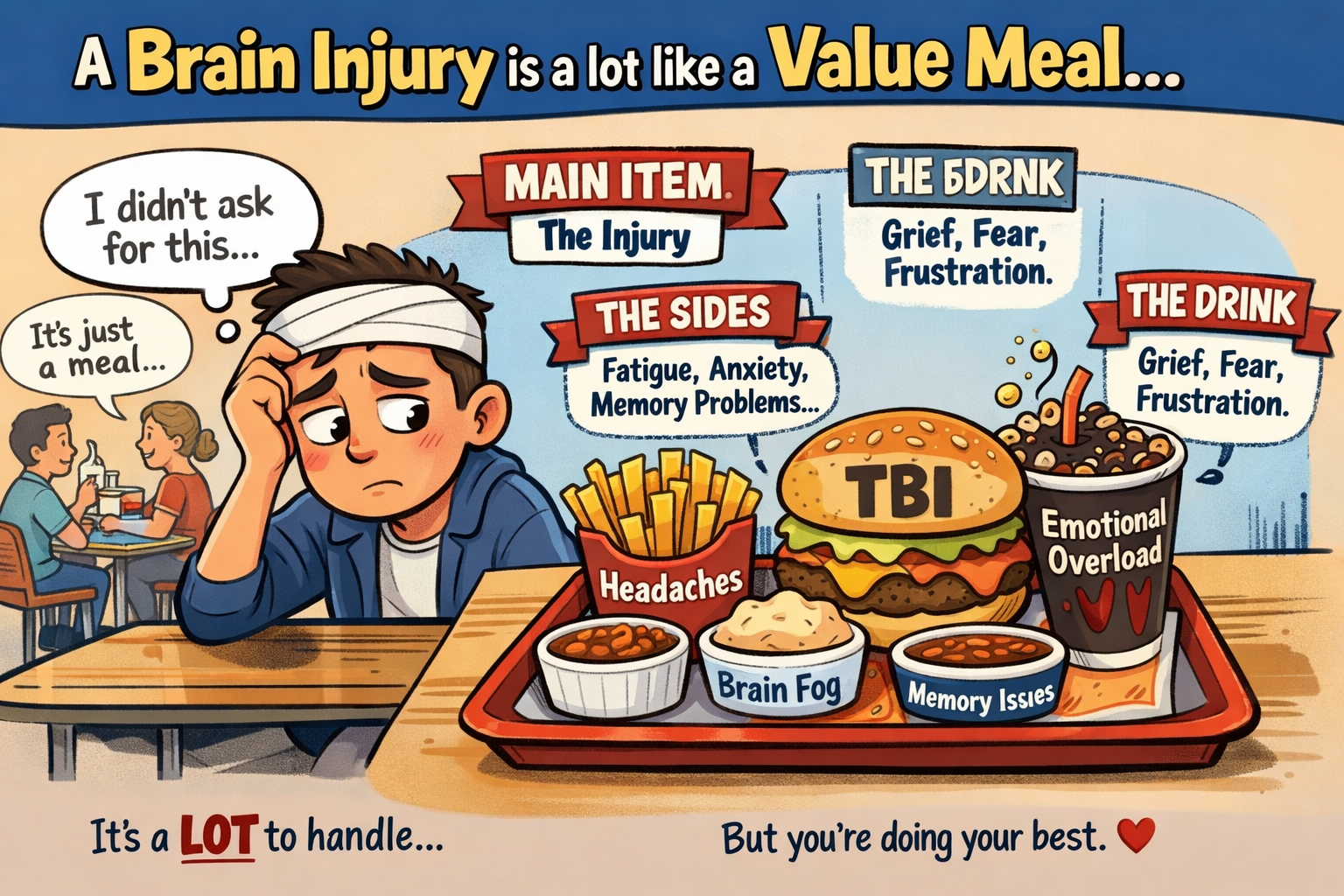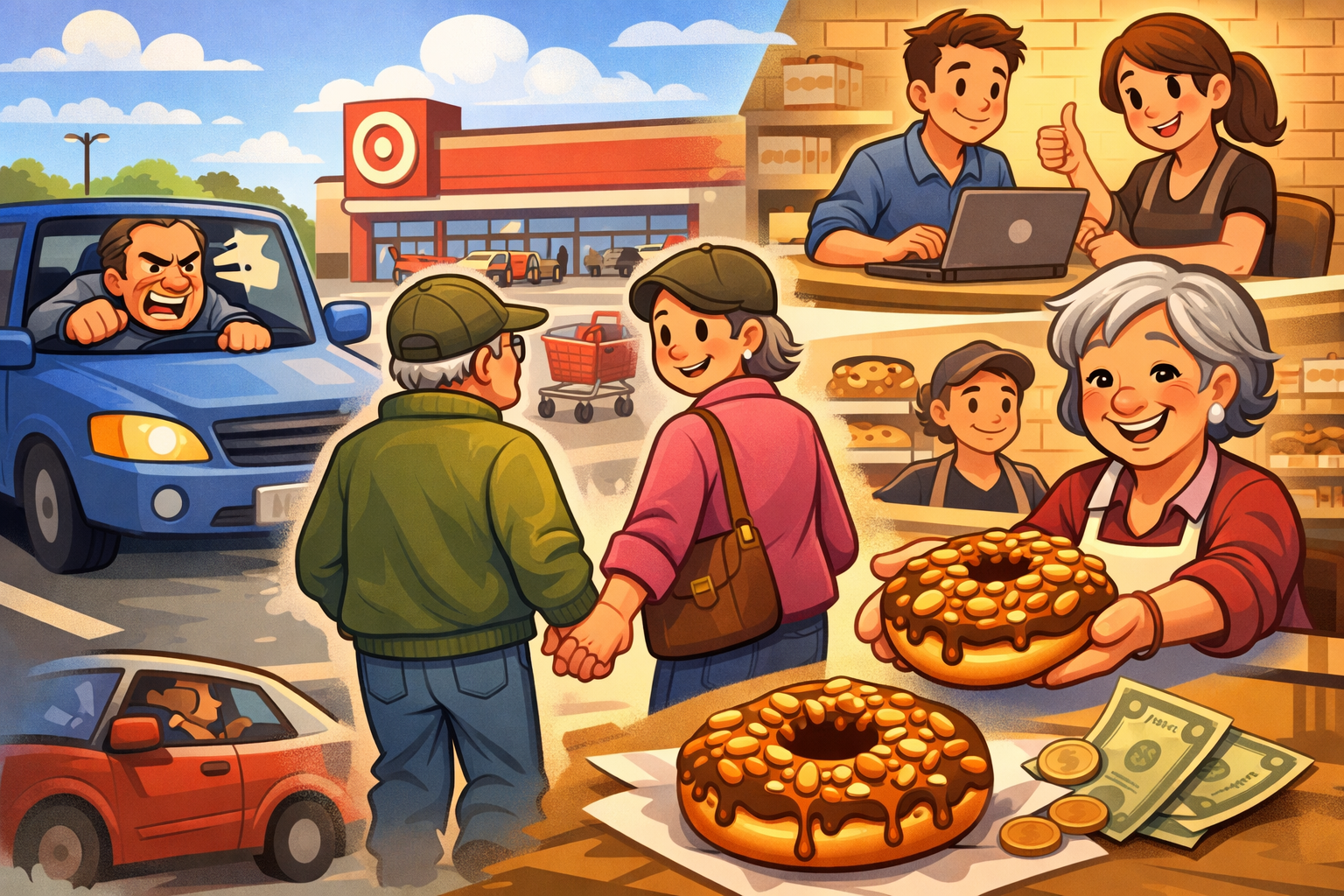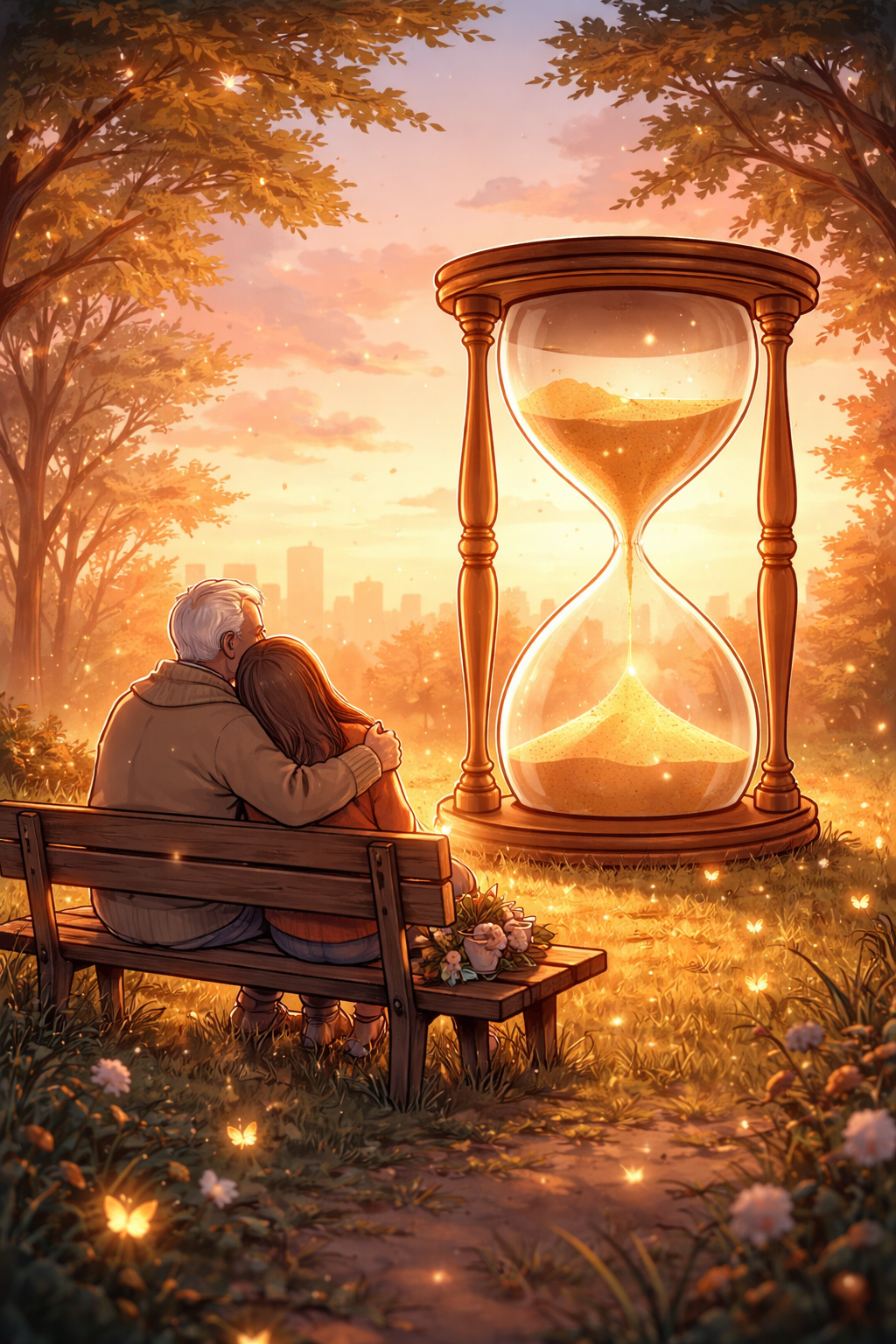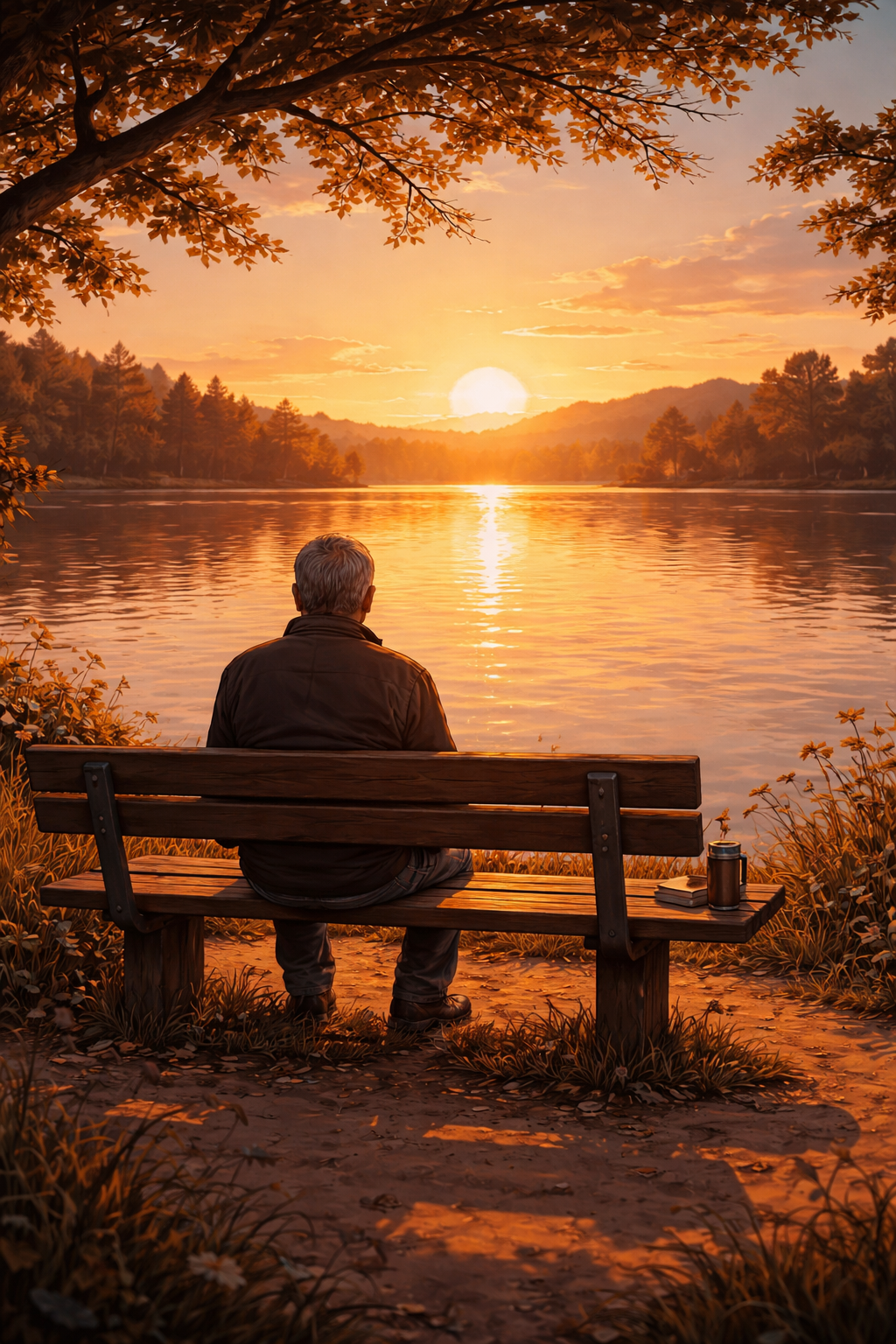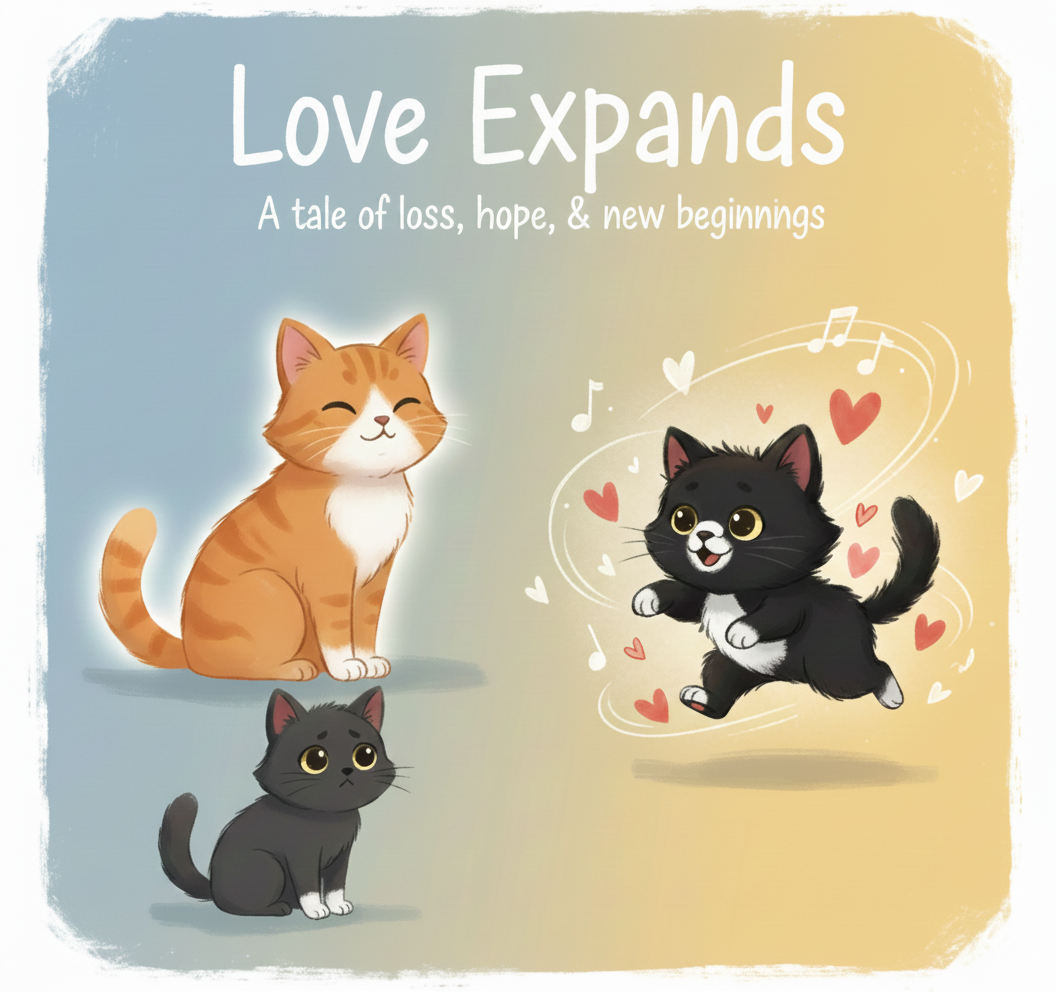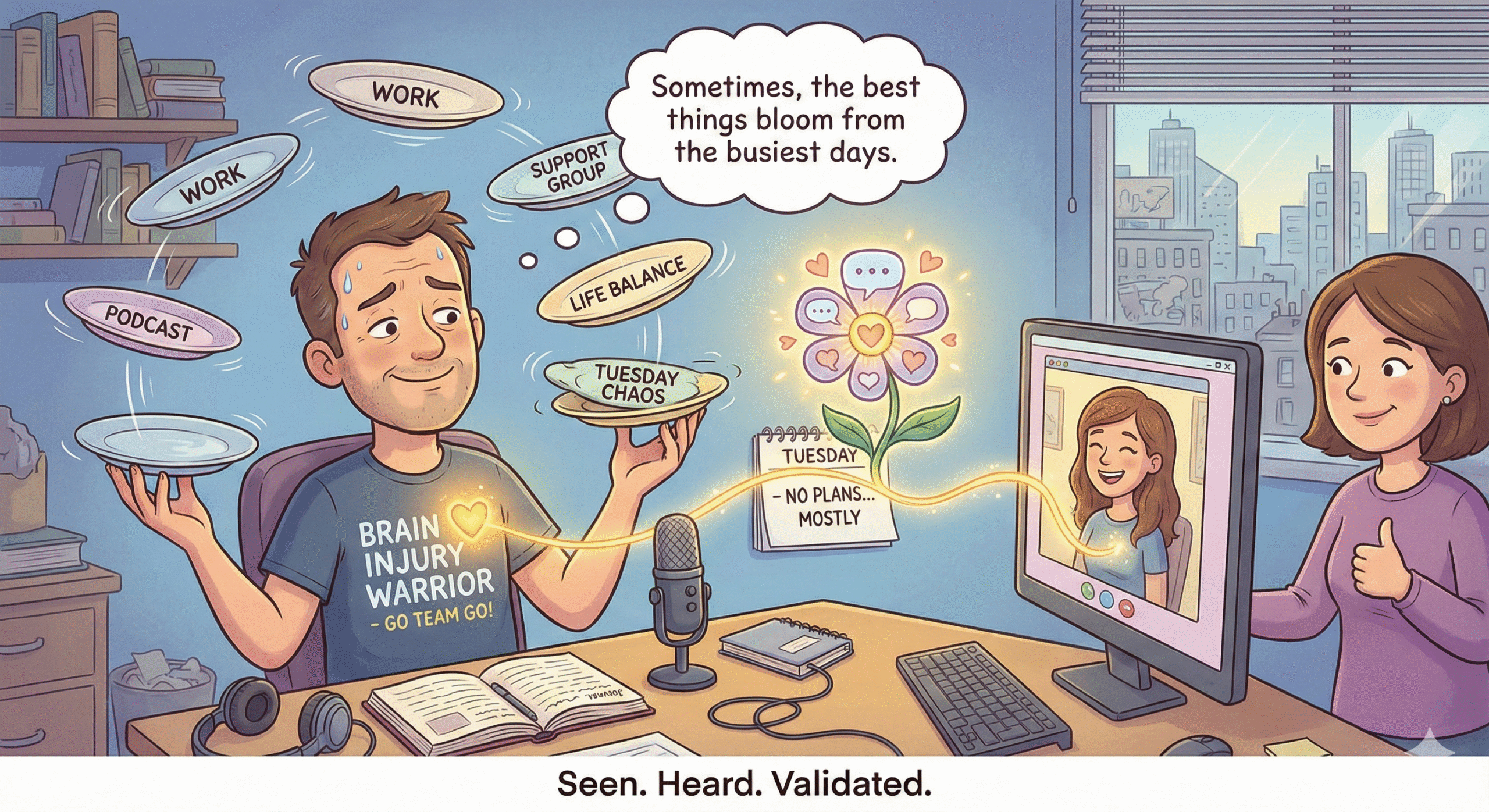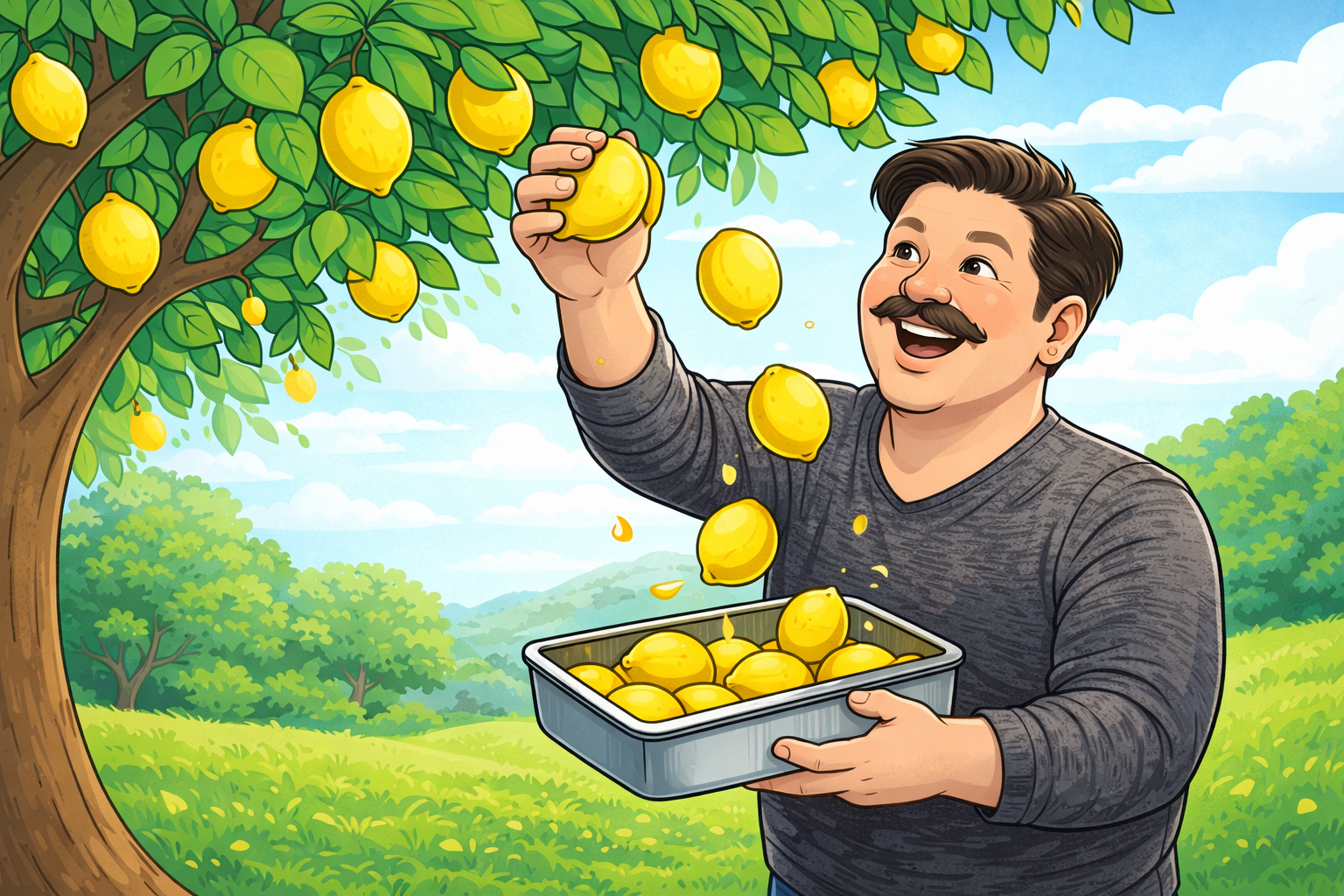
If you know me, you know my favorite thing to eat is lasagna.
And yeah… I’ve heard it a thousand times — “When life gives you lemons, make lemonade.” But what if you don’t even like lemonade? What if you’re craving something deeper… something layered… something that actually fills you up?
Lasagnas are made in layers — and sometimes that’s exactly how life feels. Layer after layer. Some messy. Some painful. Some beautiful. You expect everything to go smooth, but then life throws in burnt edges, broken noodles, and sauce spills you didn’t see coming.
But here’s what I’ve learned…
The best lasagna isn’t made from perfect ingredients. It’s made from patience. From time in the heat. From trusting that even the messy layers have a purpose.
My life hasn’t been smooth. It’s been layered. Recovery. Growth. Faith. Setbacks. Comebacks. And every single layer made me stronger.
So maybe life gave you lemons.
But you get to decide what you make with it.
As for me?
I’d rather make lasagna.
